The Peculiar Case Of Asteroid Phaethon

Introduction
Asteroids have long fascinated astronomers and enthusiasts alike, with each celestial object holding its own unique story. In this article, we delve into the peculiar case of Asteroid Phaethon—a mysterious and captivating asteroid that has raised intriguing questions among researchers and space enthusiasts.
The Discovery of Phaethon
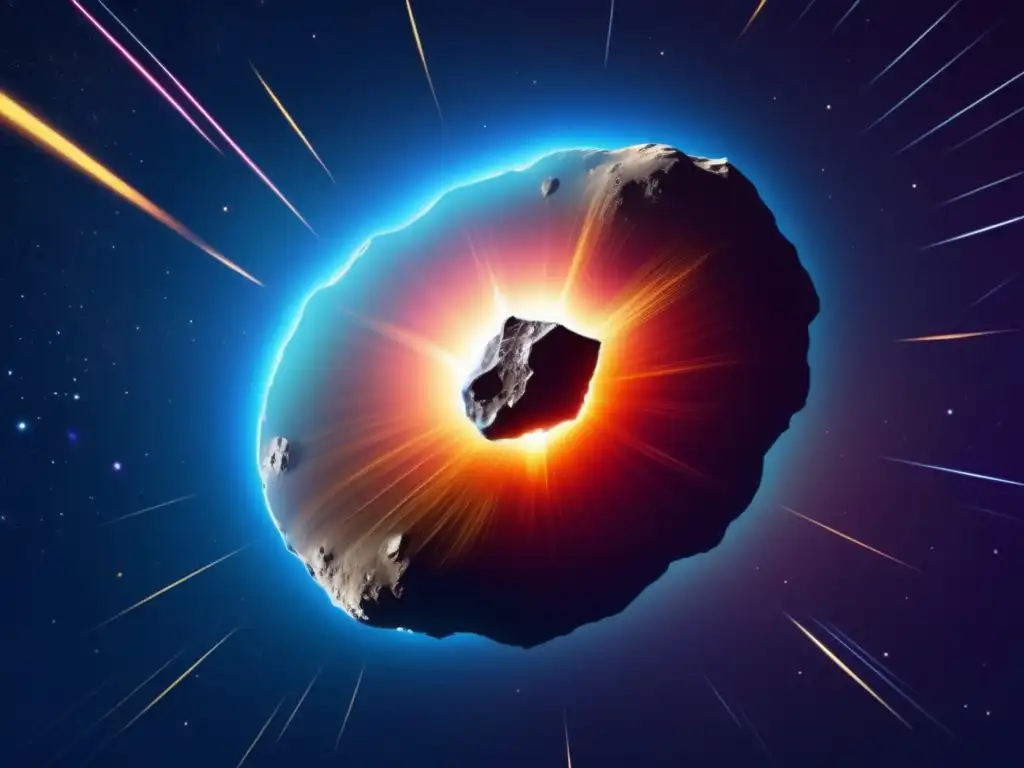
Origin and Naming
Asteroid Phaethon was discovered on October 11, 1983, by American astronomer Simon Green at the Kitt Peak National Observatory in Arizona. It was named after the figure of Greek mythology, Phaethon, who was the son of the sun god Helios.
Orbital Characteristics
Phaethon follows a highly eccentric orbit, crossing the paths of both Mercury and Venus. Its perihelion brings it closer to the Sun than any other named asteroid, while its aphelion extends beyond Mars' orbit. This unique orbit makes Phaethon an exceptional object for scientific study.
Spectral Classification
Studies of Phaethon's reflectance spectrum have classified it as an F-type asteroid, indicating a composition rich in silicate minerals and metals. This classification group suggests a possible connection to stony meteorites found on Earth.
The Geminid Meteor Shower Connection
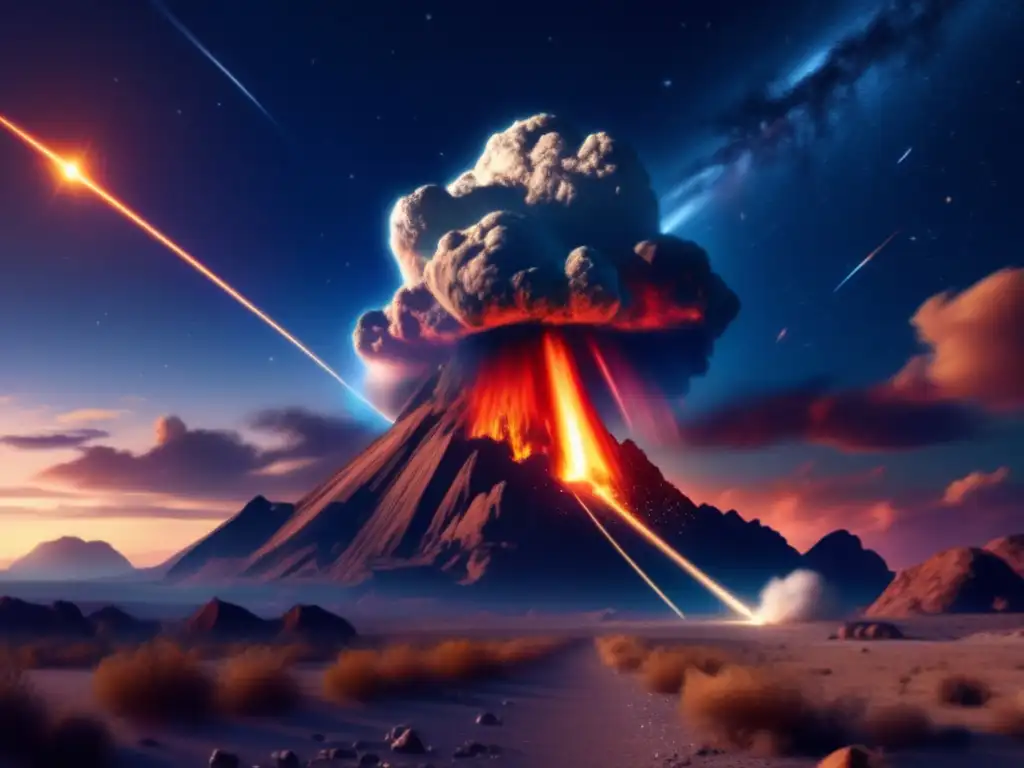
Link to the Geminids
One of the most fascinating aspects of Asteroid Phaethon is its association with the annual Geminid meteor shower. In December, Earth passes through the debris trail left by Phaethon, resulting in a stunning display of shooting stars. This connection between an asteroid and a meteor shower is unique and further deepens the mystery surrounding Phaethon.
Unusual Behavior
Phaethon's behavior differs from typical comets associated with meteor showers. It does not exhibit a visible coma or a distinctive tail, leading scientists to classify it as a "rock comet." The exact mechanisms behind Phaethon's unusual behavior are still not fully understood, adding to its enigmatic nature.
Recent Discoveries
Recent studies have revealed that Phaethon is covered in a layer of dark, carbon-rich material, which may explain its low reflectance and the absence of a coma. These findings have sparked new avenues of research into the relationship between asteroids and comets.
The Origin and Formation of Phaethon
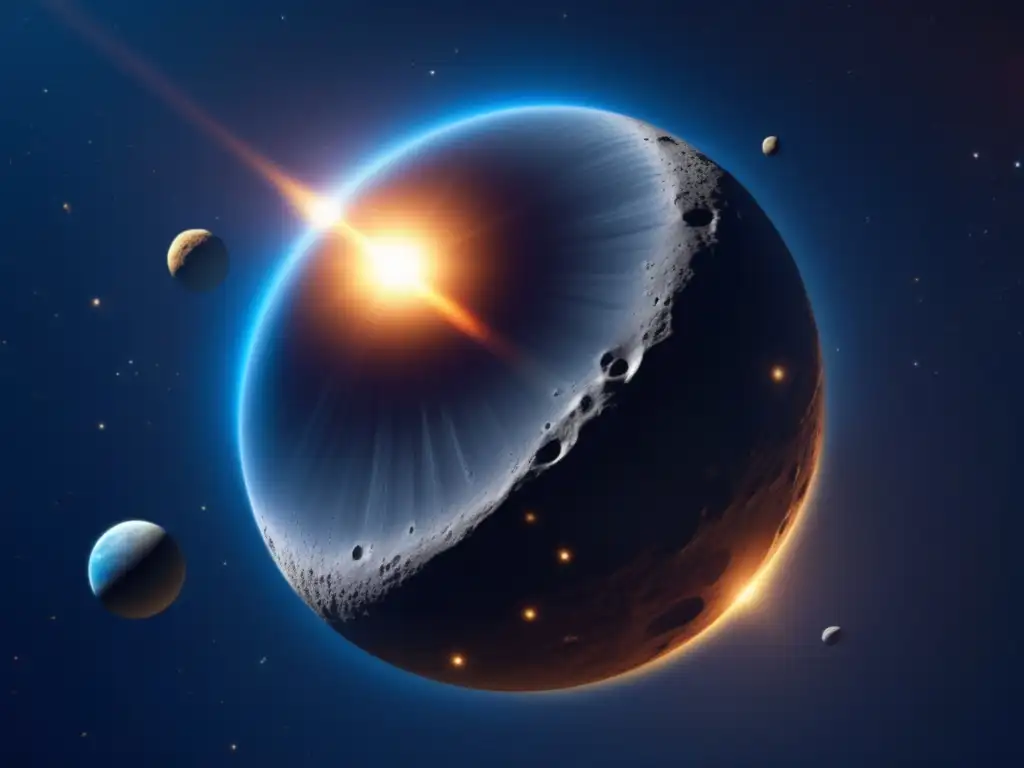
Controversial Origins
The origin of Phaethon remains a topic of debate among scientists. Some propose that it could be the remnants of a burnt-out comet nucleus, while others suggest it may be an extinct comet or a fragment from a larger asteroid. Further investigations and future space missions may shed light on its true origins.
Possible Connection to Mercury
Studies have hypothesized a potential connection between Phaethon and the planet Mercury. Resonant interactions with Mercury's gravity in the past may have shaped Phaethon's current eccentric orbit. This hypothesis highlights the intricate relationships that exist within our solar system.
Impact Hazard Assessment
Due to Phaethon's proximity to Earth during its closest approaches, it has been classified as a Potentially Hazardous Asteroid (PHA). However, current calculations and observations indicate that the likelihood of a collision with Earth remains extremely low in the foreseeable future.
Frequently Asked Questions
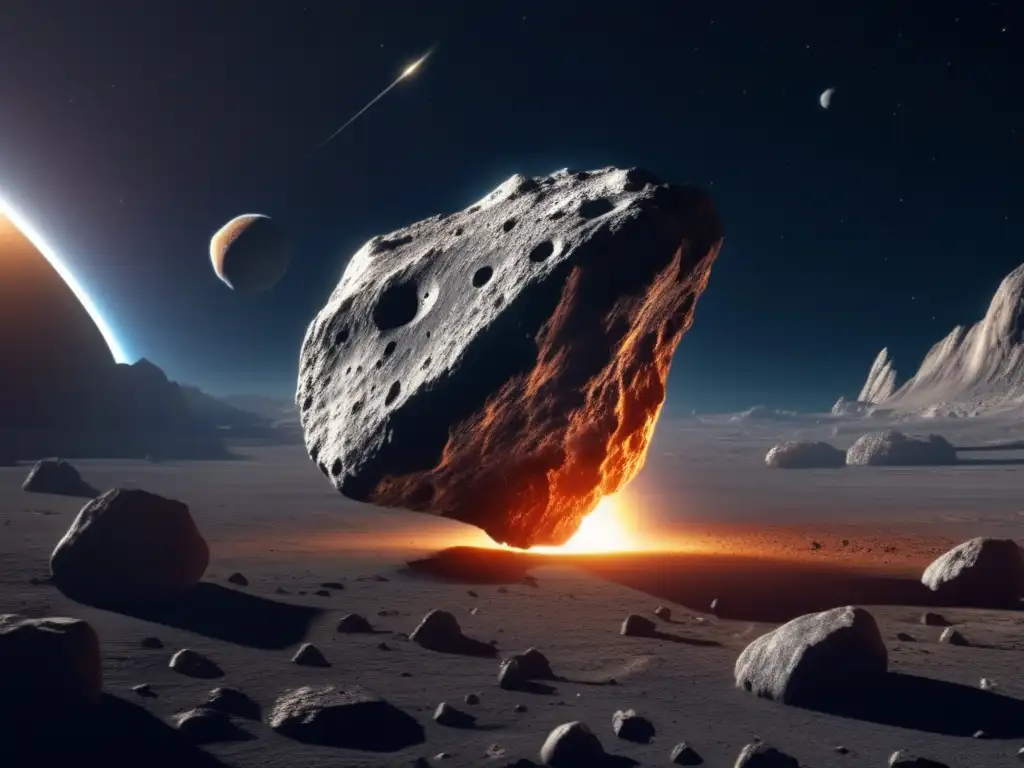
-
Q: What is the origin of the name "Phaethon"?
A: Phaethon was named after the Greek mythological figure who was the son of the sun god Helios.
-
Q: How does Asteroid Phaethon relate to the Geminid meteor shower?
A: Phaethon is believed to be the source of the Geminid meteor shower, as Earth passes through its debris trail each December.
-
Q: Why is Phaethon classified as a "rock comet"?
A: Phaethon lacks a visible coma and tail, which are characteristic of traditional comets. Instead, it displays behaviors more commonly associated with asteroids.
-
Q: Is there a potential threat of a collision between Phaethon and Earth?
A: While Phaethon is classified as a Potentially Hazardous Asteroid, current calculations indicate a minimal risk of collision with Earth.
-
Q: What are scientists hoping to learn from studying Phaethon?
A: By studying Phaethon, scientists hope to gain insights into the formation and evolution of asteroids and their connection to comets.
Conclusion
Asteroid Phaethon continues to mystify astronomers and researchers with its unique characteristics and enigmatic nature. Its connection to the Geminid meteor shower and unusual behavior make it a fascinating object for further study. As we strive to understand the origins of Phaethon and its significance in our solar system, we are reminded of the countless wonders that await discovery in the universe.
We encourage readers to share their thoughts and experiences related to asteroids and astronomy in the comments section below. For more captivating asteroid-related content, remember to subscribe to www.asteroidrealm.com and join our community to stay updated on the latest discoveries and research.
Additional Resources
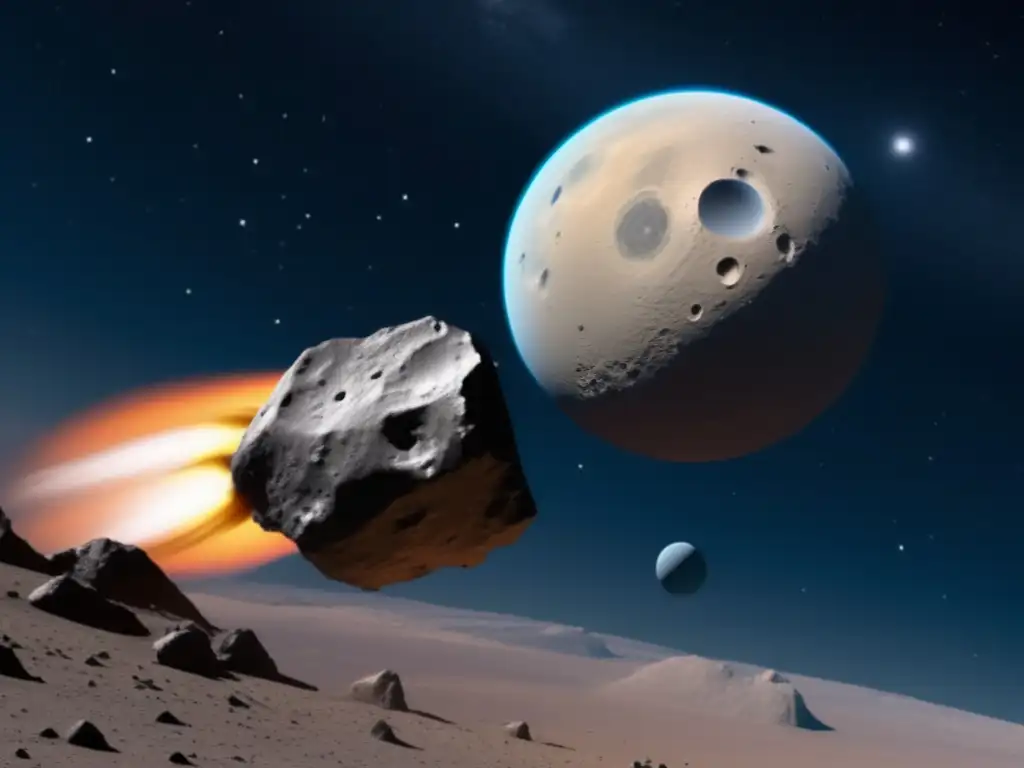
To delve deeper into the subject of asteroids and their significance, check out the following resources:
- NASA - Asteroids and Near-Earth Objects
- NASA's Solar System Exploration - Asteroids Overview
- International Astronomical Union - Asteroids, Meteors, and Comets
- NASA's Jet Propulsion Laboratory - Asteroid Watch
 Exploring The Asteroid Thule: From Myth To Space
Exploring The Asteroid Thule: From Myth To Space Didymos And Dimorphos: A Binary Asteroid System Profile
Didymos And Dimorphos: A Binary Asteroid System Profile Discovering Dactyl: The First Known Asteroid Moon
Discovering Dactyl: The First Known Asteroid MoonIf you want to discover more articles similar to The Peculiar Case Of Asteroid Phaethon, you can visit the Asteroid Profiles category.
Leave a Reply

Articulos relacionados: